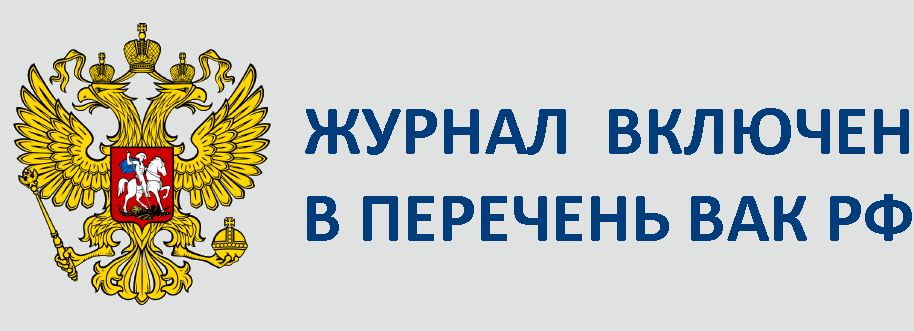№4-2023-11
DOI: 10.22281/2413-9912-2023-07-04-105-115
Kondratenko S.Yu.
SOVIET-BULGARIAN MILITARY COOPERATION AT THE FINAL STAGE
OF THE GREAT PATRIOTIC WAR
The article reveals the features of Soviet-Bulgarian military cooperation in the last months of the Great Patriotic War. In September 1944, the government of the Fatherland Front came to power in Bulgaria, which broke off relations with Nazi Germany and went over to the side of the Anti-Hitler coalition. The Soviet military-political leadership was interested in the participation of Bulgarian troops in hostilities against Germany and as soon as possible began to establish military cooperation with the new Bulgarian government. Cooperation between the two countries in the military field had a number of significant features that were taken into account by both sides when making decisions. In the fall of 1944, the Soviet command planned to quickly involve Bulgarian troops in combat operations in Yugoslavia, so it sought to limit the scale of military reforms of the Fatherland Front government. After the liberation of most of Yugoslavia, it was decided to limit the participation of Bulgarian troops in hostilities, which contributed to the deployment of a large-scale reorganization of the Bulgarian armed forces with logistical and organizational assistance from the Red Army.
Keywords. Great Patriotic War, Bulgaria, USSR, Red Army, military cooperation, Fatherland Front, Allied Control Commission, 3rd Ukrainian Front, 1st Bulgarian Army.
The Institute of General History of the Russian Academy of Sciences (Russia)
Это произведение доступно по лицензии Creative Commons «Attribution-ShareAlike» («Атрибуция — На тех же условиях») 4.0 Всемирная






